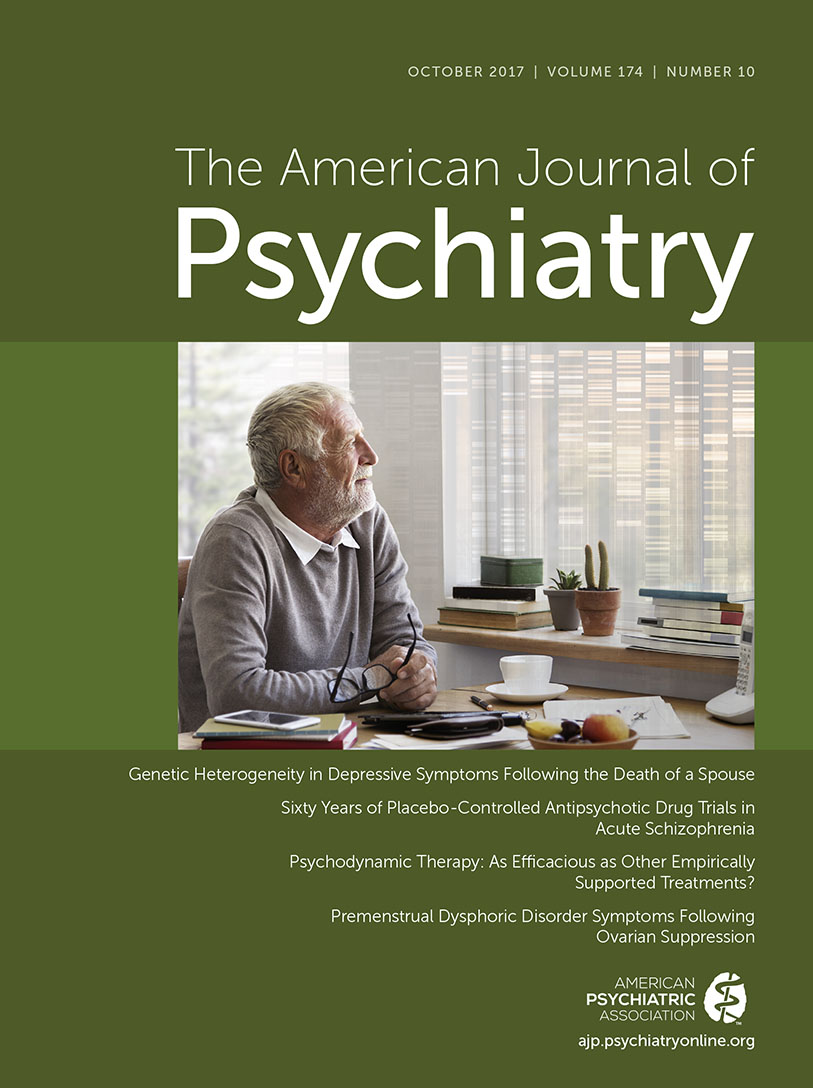State-Independent and Dependent Neural Responses to Psychosocial Stress in Current and Remitted Depression
Abstract
Objective:
Stress is a strong risk factor for major depressive disorder, while sensitization to stress in remitted individuals plays a key role in depression recurrence. The present study explored the state-independent (trait) and dependent (state) neural responses to psychosocial stress in major depressive disorder.
Method:
Thirty-six patients with medication-naive first-episode current depression, 33 patients with remitted depression, and 36 demographically matched healthy control participants were administered the Montreal Imaging Stress Task during functional MRI. One-way analyses of variance were used to assess differences in stress responses in the three groups.
Results:
Both currently depressed and remitted patients exhibited higher stress levels and cortisol responses than control subjects. Compared with control subjects, both depressed and remitted patients exhibited reduced activation in the ventromedial prefrontal cortex and increased activation in the precuneus. The stress-induced ventromedial prefrontal cortex activation changes negatively correlated with cortisol increases in all three groups. Additional increased activations were found in the dorsolateral prefrontal cortex and bilateral striatum in remitted patients compared with control subjects, and activation in these regions correlated inversely with depressive symptoms in the remitted group.
Conclusions:
These findings provide novel evidence regarding the trait and state markers of depression on neural responses to psychosocial stress. Regional activation changes in the ventromedial prefrontal cortex and precuneus may reflect the trait markers of depression. Hyperactivation in the dorsolateral prefrontal cortex and striatum may represent a state-dependent compensatory mechanism during depression remission.



